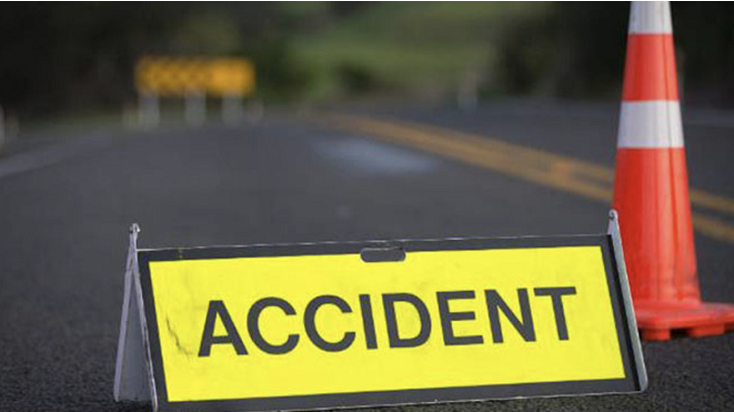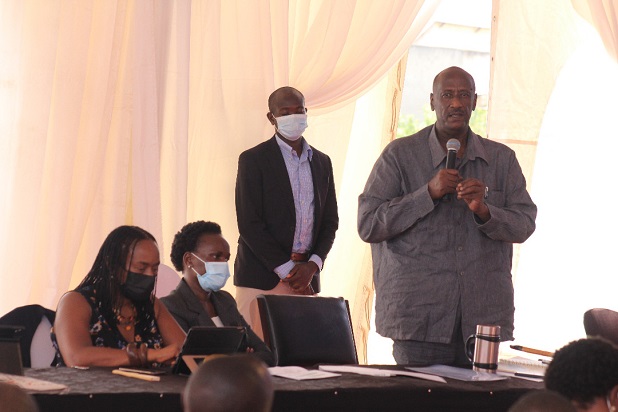The Ministry of Works and Transport is seeking 21.5 Billion Shillings to implement road safety programs and activities.
In May, the Government launched the National Road Safety Action Plan, a decade-long plan after it failed to achieve the 2011-2020 UN Decade of Action for Road Safety. The action plan was proclaimed by the UN General Assembly with a goal to stabilize and then reduce the forecast level of road traffic fatalities around the world by 50 percent among the member states.
The traffic road safety situation in Uganda has deteriorated rapidly over the last years consecutive five years mainly due to the growing vehicle population and the lack of appropriate interventions from the regulatory authorities.
For instance, the Annual Police Crime Report of 2021 captured 17,443 cases of fatal accidents categorized as fatal, serious, and minor up from 12,249 which represented a 43 percent increase in road crashes.
Musa Ecweru, the State Minister for Works and Transport noted that the glaring statistics of road crashes call for additional funding in the sector to mitigate the crisis.
According to Ecweru, about 600 Million Shillings are being appropriated for road safety activities.
The Minister also disclosed that more funding will go towards strengthening road safety management and regulation of public transport and stepping up road safety education and awareness, as well as the implementation of road safety policies.
On Thursday, MPs debated the Ministry’s request. Joyce Acan, the National representative of Persons with Disabilities blamed the increasing road carnage on the narrow roads, wondering why the government allows the construction of such roads.
The Nakawa West Joel Ssenyonyi accused the Government of failing to enforce road and traffic safety rules, noting that several existing regulations to mitigate road accidents are inconsistent which promotes impunity.
The annual Police report points out that most road crashes in the country are a result of overspeeding, reckless driving, careless pedestrians, and driving under the influence of alcohol, among others. The crashes are responsible for an average of 10 deaths per day, which affects the most productive age group of the population below the age of 30.
The National Road Safety Plan prescribes safety interventions such as road user education, publicity, and advocacy to enforce the wearing of seatbelts and crash helmets, pedestrian safety, passenger empowerment, and speed regulation campaigns.
According to Ecweru, subject to the availability of funds, the Ministry intends to intensify the preparation and distribution of road safety textbooks and teaching manuals for primary and high schools’ curricula, onsite training for schools on crossing roads, and providing physical crossing aids.
-URN





